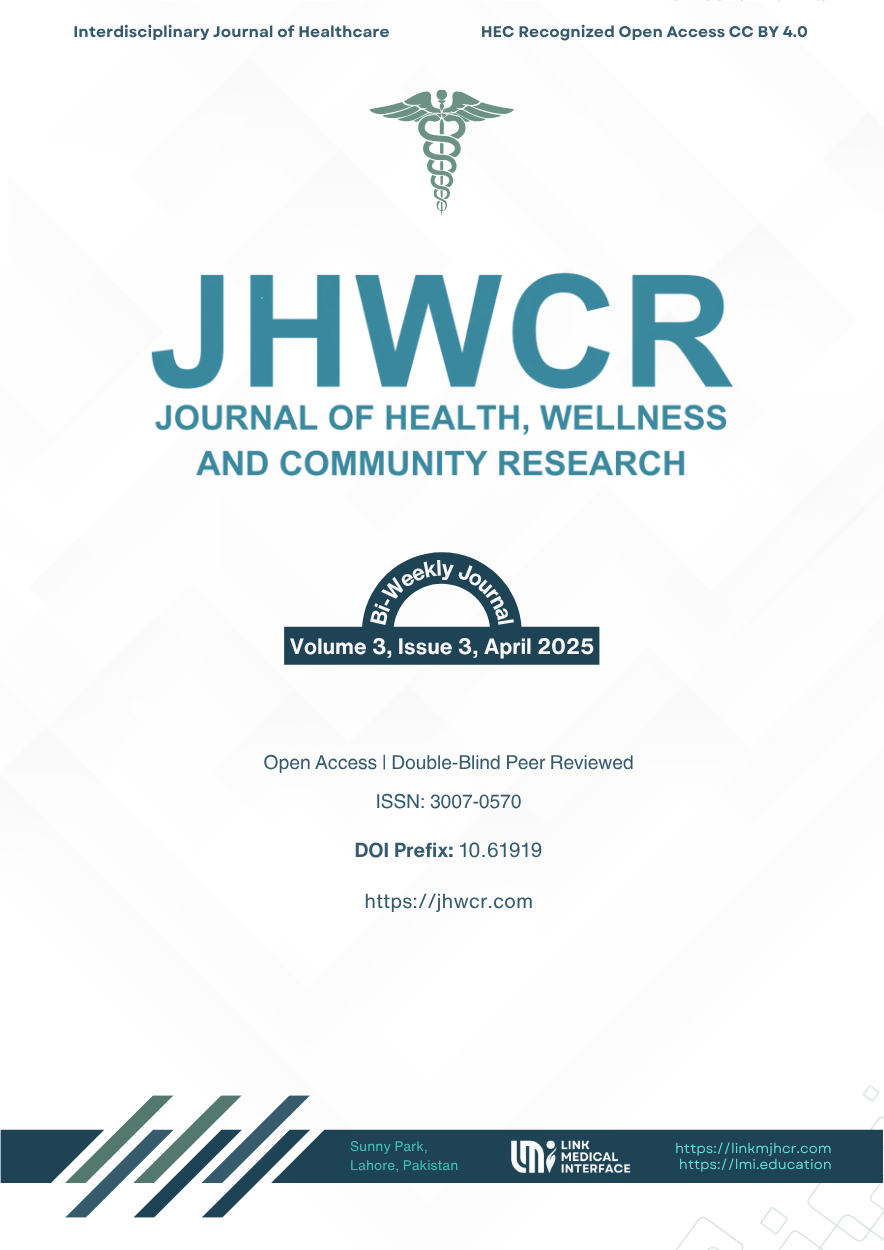A recent study uncovers a shocking connection that could redefine our understanding of health and mortality. Adults engaging in sexual activity fewer than twelve times a year, particularly those with extra abdominal fat and depression, face significantly shortened lifespans. This research highlights an alarming feedback loop where mood and body shape converge into a dangerous health crisis.
Understanding the Research Findings
According to the findings published in the Journal of Sexual Medicine, a substantial survey indicates that low sexual activity correlates with an increased risk of mortality. The implications are staggering: not only does sexual activity contribute to a lower risk of all-cause mortality, but the interaction with mental health and body image creates a more complex picture. Individuals experiencing depression and obesity are particularly at risk, creating a vicious cycle that must be addressed from multiple angles.
The Body-Mind Connection
The relationship between depression and obesity is well-documented, with a meta-analysis revealing a bidirectional link; individuals with obesity have a 55% increased risk of developing depression, and those suffering from depression show a 58% increased risk of obesity according to the systematic review. This reciprocal relationship sheds light on how mood disorders can exacerbate physical health issues, particularly in a society that increasingly stigmatizes body shape and mental health struggles.
\n\n
Vol. 3 No. 3 (2025) | Journal of Health, Wellness, and ...
Sexual Activity as a Health Indicator
Engaging in sexual activity is not merely a matter of pleasure; it serves as a critical marker of overall health. Research shows that sexual frequency is associated with lower risks of cancer and cardiovascular diseases as reported by the National Health and Nutrition Examination Survey. For those grappling with depression, the act of intimacy may become a distant memory, leading to a decline in quality of life and health outcomes.
The Role of Social Media and Body Image
Today"s digital landscape exacerbates these issues. Constant exposure to idealized body images on social media can distort perceptions and create unrealistic standards. A review on body perceptions highlights how social media influences psychological well-being, exacerbating feelings of inadequacy among those who do not conform to societal norms as noted in recent research.
\n\n
The Key Elements of Healthcare Design in 2024
Policy Implications and the Need for Change
The findings of this study necessitate urgent policy discussions around mental health support, body positivity, and sexual health education. Public health campaigns must address the intertwined nature of mental and physical health to reduce stigma and promote holistic well-being. There is a critical need for accessible mental health resources, particularly for marginalized communities who often bear the brunt of societal pressures surrounding body image and sexual health.
Moreover, initiatives aimed at improving sexual health education should include discussions on mental health and its impact on sexual wellness. This comprehensive approach could empower individuals to seek help and engage in healthier lifestyles, breaking the fatal cycle of depression and obesity.







![[Video] Gunfire between Iraqi security forces and Sadr militias in Baghdad](/_next/image?url=%2Fapi%2Fimage%2Fthumbnails%2Fthumbnail-1768343508874-4redb-thumbnail.jpg&w=3840&q=75)
